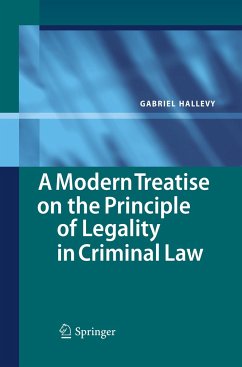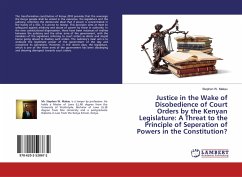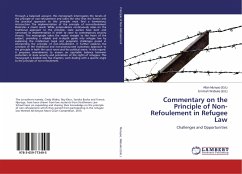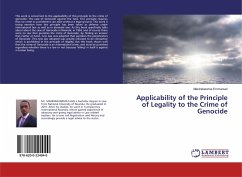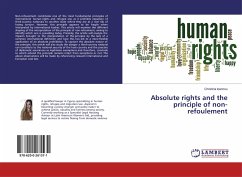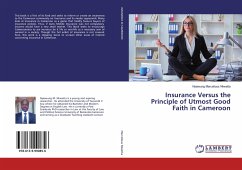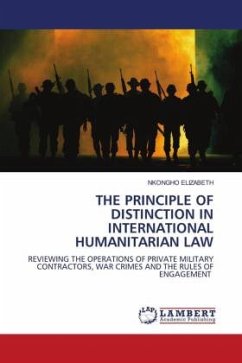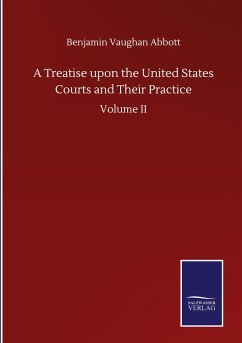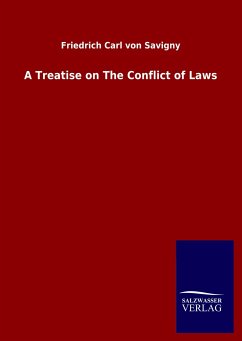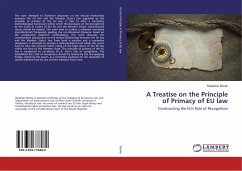
A Treatise on the Principle of Primacy of EU law
Constructing the EU's Rule of Recognition
Versandkostenfrei!
Versandfertig in 6-10 Tagen
51,99 €
inkl. MwSt.

PAYBACK Punkte
26 °P sammeln!
The work attempts to illuminate discussion on the mutual relationship between the EU law and the Member State's law regulated by the principle of primacy of the EU law. It tries to offer a normative methodological framework within which the discussion on the principle led by the Court of Justice of the EU and the Member States' constitutional courts should be shaped. The work aims to outline a coherent normative (constitutional) framework guiding the constitutional discourse based on the comparative dialectics' methodology. The work discusses the constitutional adjudication on the mutual relat...
The work attempts to illuminate discussion on the mutual relationship between the EU law and the Member State's law regulated by the principle of primacy of the EU law. It tries to offer a normative methodological framework within which the discussion on the principle led by the Court of Justice of the EU and the Member States' constitutional courts should be shaped. The work aims to outline a coherent normative (constitutional) framework guiding the constitutional discourse based on the comparative dialectics' methodology. The work discusses the constitutional adjudication on the mutual relationship between the EU law and the Member States' law from both a positive and a normative standpoint. It attempts to provide a methodological tool which the courts have to take into account when ruling on the legal status of the EU law within the land of the Member State. The principle of primacy of the EU law is considered to constitute H.L.A. Hart's rule of recognition. The established EU's rule of recognition should be looked by the law-applying bodies, mainly by the courts, as a normative guidance for fair resolution of conflict between the EU law and the Member State's law.



